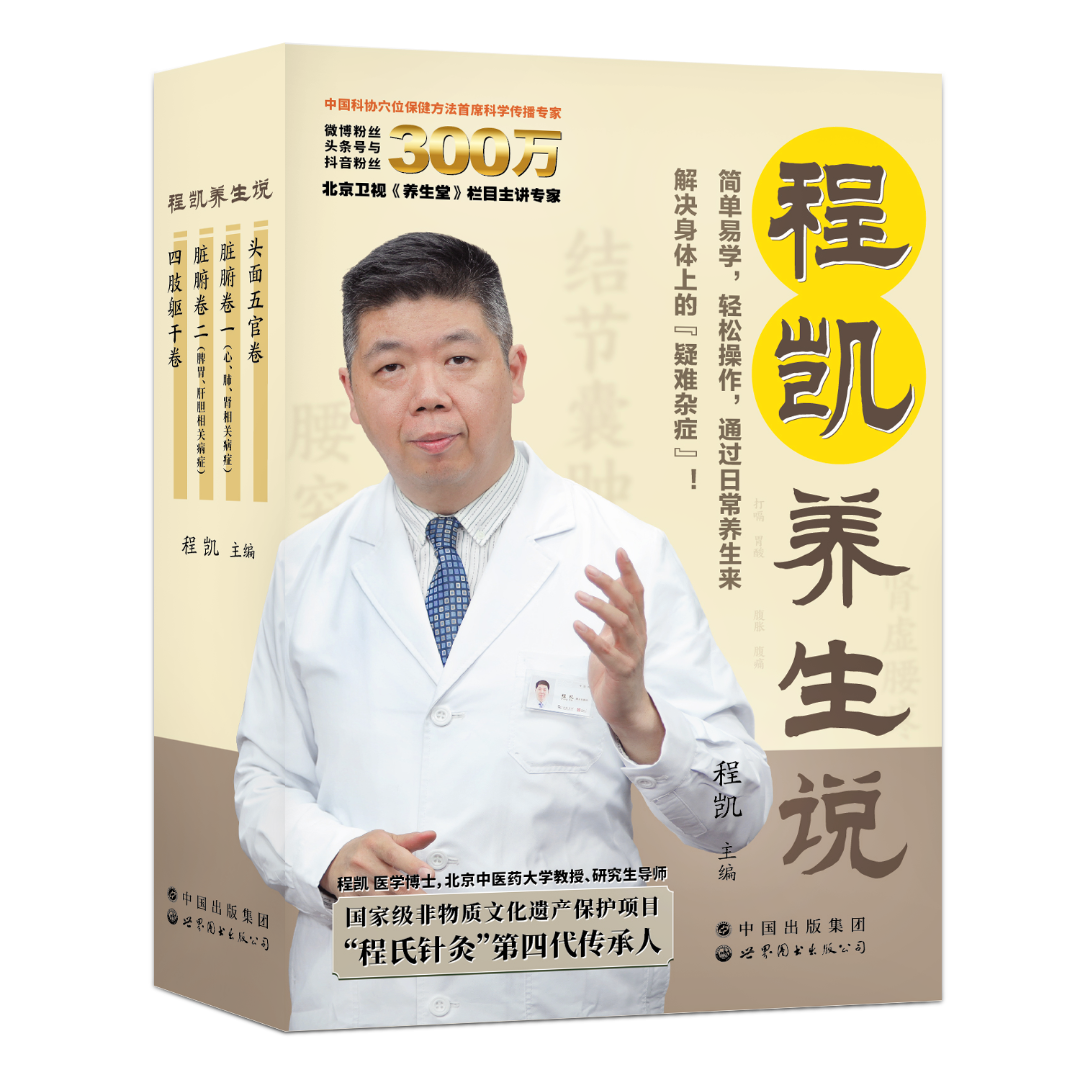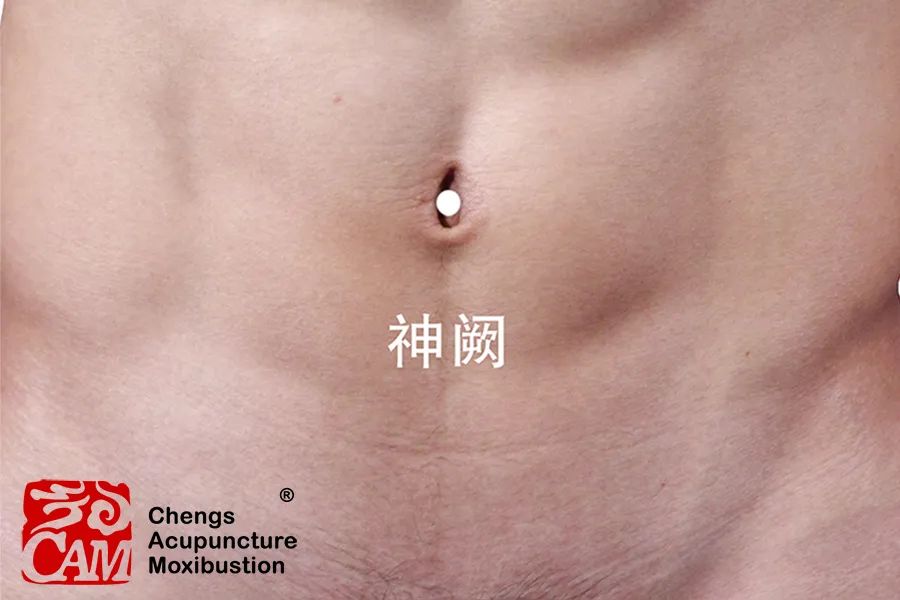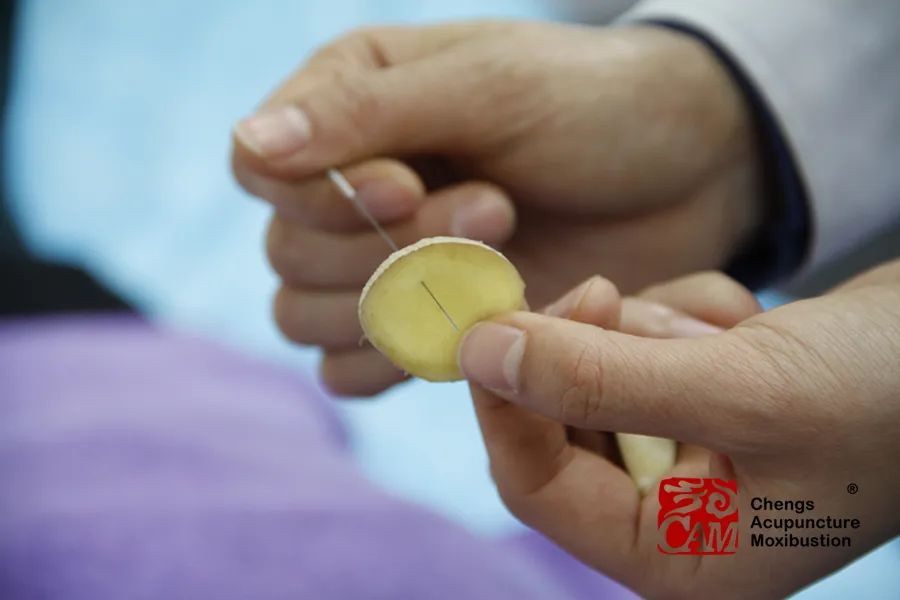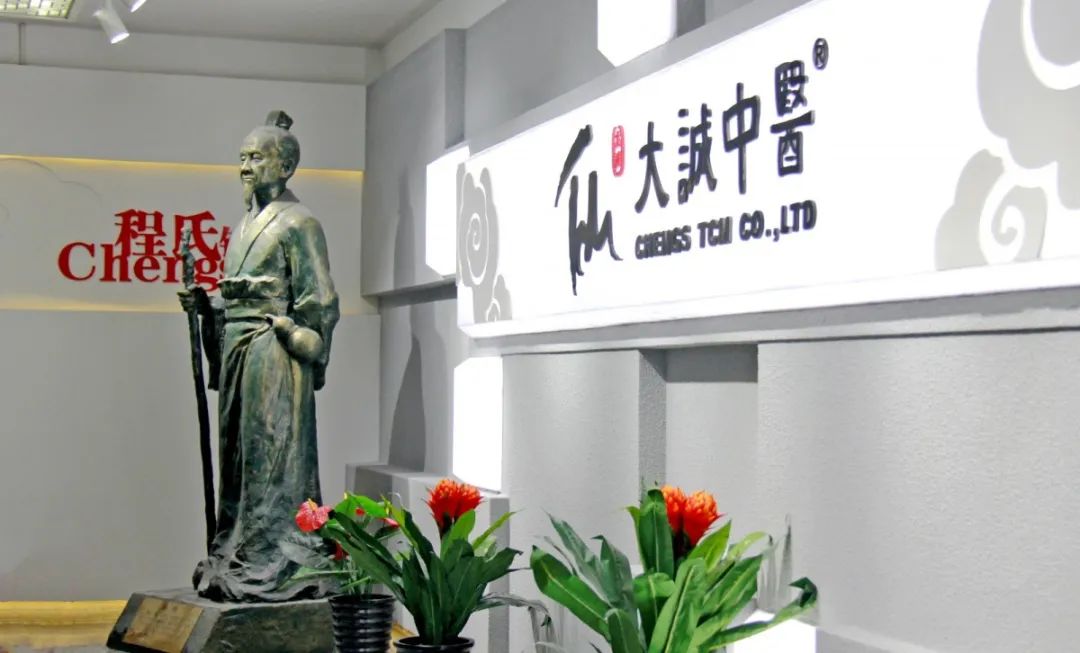This article is excerpted from:
“Cheng Kai’s Health Talk: Discussing Health from Head to Toe”.
Published by: World Book Publishing Company, Beijing Branch

Spleen and stomach Yang deficiency often leads to digestive issues, typically manifesting as reduced gastrointestinal motility. This results in a lack of appetite and difficulty digesting food, especially when stimulated by cold. For instance, consuming cold food or being in a cool environment can quickly lead to symptoms such as stomach pain, abdominal pain, and diarrhea. Some patients describe that when they open the refrigerator door while cooking at home, the cold air from the freezer can immediately trigger diarrhea and abdominal pain. This is a manifestation of spleen and stomach Yang deficiency characterized by abdominal pain, stomach pain, lack of appetite, indigestion, and diarrhea.
If stomach pain occurs immediately after exposure to cold, from an acupuncture point perspective, methods such as warming or moxibustion on the Zhongwan (Middle Cavity) point can provide relief. For example, one can place an electric heating pad on the Zhongwan point for warming, or prepare a basin of hot water (around 50 degrees Celsius) and soak a round Bian stone in it. Once the stone feels slightly warm, wrap it in gauze and place it on the Zhongwan point. This will quickly alleviate symptoms of Yang deficiency in the stomach area, such as pain, bloating, and indigestion. Moxibustion can also achieve similar effects.

If the symptoms caused by cold exposure are related to intestinal irritation, leading to diarrhea, one can apply moxibustion or warming techniques to the Shenque (Spirit Gate) point, or use the ginger moxibustion method. This involves slicing fresh ginger, pricking it with needles to help the heat penetrate, and then applying moxibustion on the ginger. This method utilizes the warming and cold-dispersing properties of ginger to enhance the effects of moxibustion.



Next, let’s discuss dietary recommendations for those with spleen and stomach Yang deficiency:
According to traditional Chinese medicine, foods are categorized by their four qi (temperatures) and five flavors, meaning each ingredient has its own properties classified as cold, hot, warm, or cool. This does not refer to the temperature of the food itself. Consuming cold or chilled foods can easily lead to spleen and stomach Yang deficiency. Additionally, some individuals with sensitive spleens and stomachs may experience diarrhea from eating foods at room temperature, such as fruits, indicating a more severe Yang deficiency. The properties of ingredients are often overlooked. Generally, we categorize food properties as cold, hot, warm, or cool:
Cold foods: Seafood, especially crabs from deep seas, are considered very cold.
Cool foods: In summer, people often eat watermelon, which is naturally cool unless refrigerated. Some individuals may experience liver Yang rising and dizziness, so they often drink chrysanthemum tea, which is also cool in nature.
In addition to cool and cold, there are warm and hot. In summer, one should avoid overly hot foods, but from the perspective of the spleen and stomach, we should prefer warm foods. For example, in terms of meat, duck is cool, chicken is warm, and lamb is hot, while deer meat, lamb, and donkey meat are considered dry and hot.
Therefore, it is recommended for individuals with spleen and stomach Yang deficiency to particularly avoid cold foods, minimize cool foods, and consume more warm foods.
END
Text | Cheng’s Acupuncture
Images | From the internet
For reprints, please contact us for authorization

■ ■■■■
Long press the QR code to follow us


